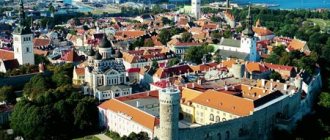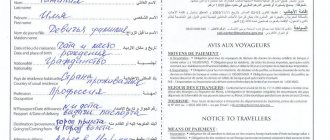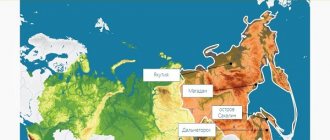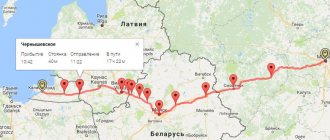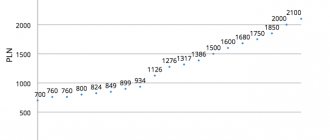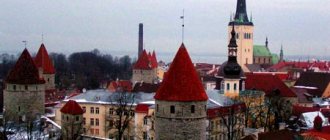Salaries in Estonia by profession in 2021
In general, wages in Estonia remain lower than in EU countries, but they continue to rise. This applies to both minimum and average wages.
Minimum wage
Wages should not be below the subsistence minimum. In 2019 it was 540€ per month without taxes. The hourly rate should not be lower than 3.21€. The minimum wage is the same for both Estonian citizens and migrants.
In 2021, these figures are projected to increase to €584 per month and €3.48 per hour.
average salary
The national average salary in Estonia is 1,400 €, hourly wages are 7.38 €, and for seasonal workers it ranges from 2 € to 18 €.
Average salary (gross) in Estonia and its change for the period 1st quarter of 2021 – 3rd quarter of 2021. Data from the website of Statistics Estonia www.stat.ee.
| Year | Quarter | Average salary (gross), euro | Changes compared to the previous year for the same period of time, % |
| 2017 | I | 1 153 | 5,7 |
| II | 1 242 | 6,8 | |
| III | 1 201 | 7,4 | |
| IV | 1 271 | 7,5 | |
| 2018 | I | 1 242 | 7,7 |
| II | 1 321 | 6,4 | |
| III | 1 291 | 7,5 | |
| IV | 1 384 | 8,9 | |
| 2019 | I | 1 341 | 7,9 |
| II | 1 419 | 7,4 | |
| III | 1 397 | 8,2 |
The average level of income largely depends on the chosen specialty and level of qualifications. The most in-demand and well-paid specialists are those working in developing areas of industry and computer technology. The average salary by profession in Estonia in 2021 is as follows:
So, specialists in the following types of activities can count on salaries above the national average:
- Information and communication – 2,360 euros;
- Financial and insurance activities – 2,257 euros;
- Energy – 1,858 euros
- Public sector – 1,752 euros
- Research activities – 1,573 euros
- Mining – 1,546 euros
- Health and social security – 1,502 euros

On average, workers in the following types of activities earned below the national average for the third quarter of 2019.
- Manufacturing industry – 1,345 euros
- Water supply; sewerage; waste disposal – 1,341 euros
- Construction – 1,340 euros
- Transport and warehousing – 1,337 euros
- Wholesale and retail trade – 1,317 euros
- Education – 1,257 euros
- Administrative and support activities 1,204 1,131
- Agriculture and forestry, fishing – 1,173 euros
- Arts and entertainment – 1,119 euros
It should also be noted that men in Estonia earn approximately 20% more than women. These data are also available on the website of the country's statistical office.
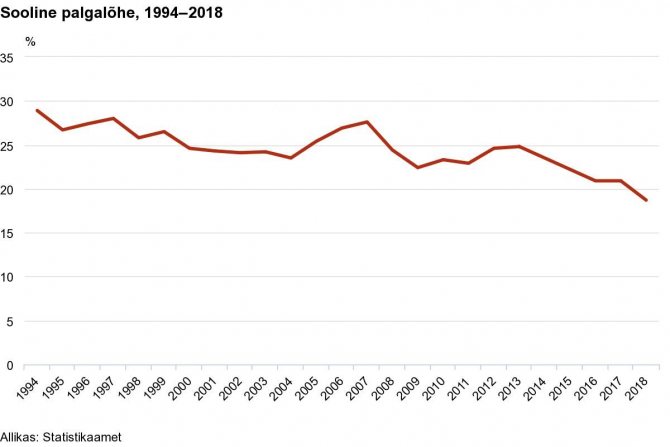
Of course, this indicator (gender difference in salaries) fluctuates in different types of activities, so the largest gap in the salaries of women and men is observed in the field of finance and insurance activities - 32%, the smallest - in warehouse activities - 1.9%.
The qualifications of the employee are of great importance. University graduates and interns earn on average 20% less than experienced specialists.
How much do foreigners earn in Estonia?

In Estonia, many permanent residents believe that foreigners receive an order of magnitude less than the national average salary. But judging by the statistics, this is absolutely not the case. The average salary of a foreigner who works in Estonia and has a residence permit is 1,654 euros. Foreigners are most in demand in the construction industry. Where else can a foreigner go in Estonia:
- Delivery driver.
- Paramedic.
- Paramedic.
- Nurse.
- Crane operator.
- Excavator operator.
- Welder.
- Turner.
- A carpenter.
- Electrician.
Today, foreigners in Estonia more often work in “menial” or short-term jobs, since quotas run out very quickly and employers are forced to invite workers on a short-term basis, and this threatens to underpay taxes to the budget. In 2021, there will be fines for illegal work. For workers this is a fine of 600 to 1,700 euros, and for employers from 1,500 euros. If the violation occurs again, the employee will be deported, followed by a ban on entry into Estonia for ten years, and the employer may receive a prison sentence of up to three years.
At the moment, the younger generation of Estonia prefers to avoid jobs that require physical labor, and most people in blue-collar jobs are foreigners. Some employers are willing to consider candidates without knowledge of English or Estonian. In particular, there are many similar proposals in the tourism industry.
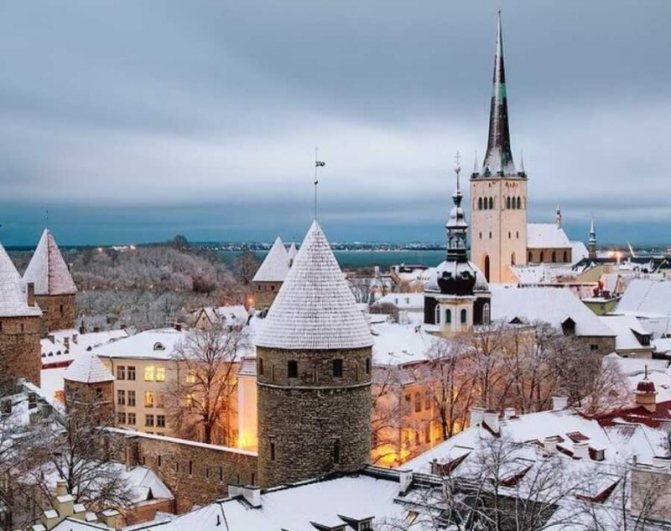
Russians and Ukrainians feel quite comfortable in Estonia, because this is a kind of homeland, a post-Soviet space. The mentality, which is more or less close to people from the CIS, also has an effect. In addition, 25% of the total population of Estonia are Russian people. And the climate is quite familiar to people from the former Soviet Union. But not everyone is eager to move, since often in capitals such as Moscow and Kyiv you can earn a salary no less than the Estonian one. But this applies more to blue-collar workers and programmers. After all, the salary in Estonia, although comfortable, still does not reach the level of many European countries.
Wages by city and region
Estonia is divided into 15 counties. Salary levels will vary depending on the region. On average it is:
- Tallinn – 1532€,
- Harju County – 1519€,
- Tartu County –1408€,
- Läänemaa –1273€,
- Põlva County –1224€,
- Järva County –1212€,
- Viljandi County – 1209€,
- Rapla County – 1197€,
- Pärnu County –1172€,
- Ida-Viru County – 1111€,
- Võru County – 1101€,
- Jõgeva County – 1089€,
- Lääne-Viru County – 1087€,
- Saaremaa – 1081€,
- Valga County – 1067€,
- Hiiumaa – 1008 €.
In large cities, salaries are higher. This is due to the fact that leading national and international companies are concentrated there. Also high salaries in the tourist centers of Tartu, Pärnu, Lahemm. The counties of Saaremaa, Valga County, and Hiiumaa have the lowest wages and the highest unemployment rate. Because of this, there is an outflow of the population, which is forced to move to other regions or go abroad in search of work.
Employment and salaries for foreigners
Labor tourism in Estonia is directly proportional to the outflow of indigenous people who go to work in more solvent EU countries.
More than a third of the vacancies are posted on the Internet and anyone can try to find a niche in developing industries. Mainly required are information technology specialists, medical personnel, builders and teachers. The level of qualifications often does not matter, but it is worth remembering that without knowledge of English and minimum work experience, wages will be 25-30% lower.
To find employment in Estonia, Russian citizens must submit an application to the consulate for a residence permit. The issue will be resolved within 2 months. Then you need to apply for a work visa.
The average salary of a hired employee with legal employment is up to 2,000 euros per month, depending on the type of activity. For violations of the law, foreign citizens are punished with fines, and for repeat violations - with imprisonment.
Salary taxes
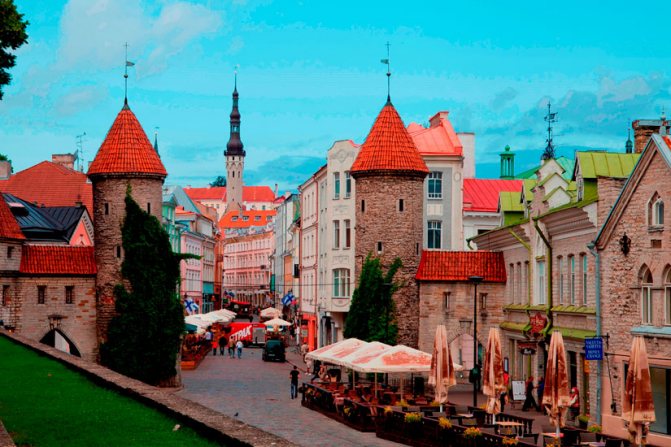
In Estonia, social and income tax and other types of deductions are withheld from wages.
Some taxes and fees are paid by the employer, and some by the employee himself.
So the employer pays 2 types of contributions: social tax (it is 33%) and unemployment insurance contribution (0.8%). It is worth noting that the employee’s salary is indicated minus social tax, i.e. the cheapest employee for an Estonian employer with a minimum wage (remember, the minimum salary in Estonia for 2021 is 540 euros) costs 718.2 euros.
Income tax
In Estonia, the income tax rate is 20%, which is paid by the employee himself. At the same time, there is a minimum income tax exemption. What amount this will be depends on the size of the salary.
- So, from a salary from 500 to 1200 euros, the tax-free amount will be 500 euros.
- For a salary between 1201 and 2099 euros, the tax-free amount is calculated using the formula: 500 - 0.55556 × (salary - 1200).
- For salaries over 2,100 euros, the tax-free amount is 0.
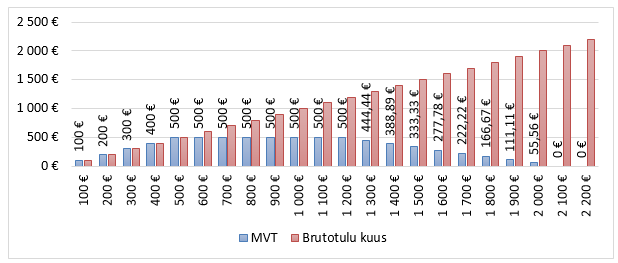
Designations in the table:
- MVT – non-taxable income
- Brutotulu kuus – gross income per month
As for foreign citizens working in Estonia, income tax is also withheld from them. The conditions for its accrual are the same as for local residents. If an employee has lived in Estonia for less than 6 months, tax will be withheld only from the income that he received in the country. But if he lives and works in Estonia for more than six months, then income received in another country will also be taxed.
Social contributions and other taxes
In addition to income tax, the following contributions must be paid on wages:
- 2% to the pension fund,
- 1.6% to the unemployment insurance fund.
The employer also transfers for each employee a social tax in the amount of 33% of the salary and 0.8% of the unemployment insurance fund.
Estonian work visa
In order to engage in work in Estonia, you need to apply for a category D visa. With it you can stay in the state for a maximum of one year. This type of permit does not give the right to travel to other countries of the European Union.
A visa is issued at the embassy. The following documents must be submitted:
- international passport. Its duration must exceed the visa expiration date by at least 3 months;
- one color photo measuring 3.5x4.5 cm, made on high-quality matte paper. The background of the image is light; visa application form, which must be filled out and personally signed by the visa applicant (here);
- health insurance policy covering medical expenses in the amount of €30,000;
- a letter drawn up by the employer stating that the citizen has been hired for a certain vacancy;
- certificate of employment, if any, drawn up according to the international standard, indicating length of service, salary, position, etc. (the template in Russian can be downloaded here, in English here);
- a written explanation of the purpose of the trip;
- receipt of payment of the consular fee;
- booking transport tickets;
- hotel reservation, etc.
See also: Salaries of public sector employees in 2021, latest news in Russia
Instead of a certificate of employment, students should present a document from the educational institution stating that they are currently studying. Pensioners must present a pension certificate.
When submitting documents to the Consulate, you should always take into account that they may request additional information.
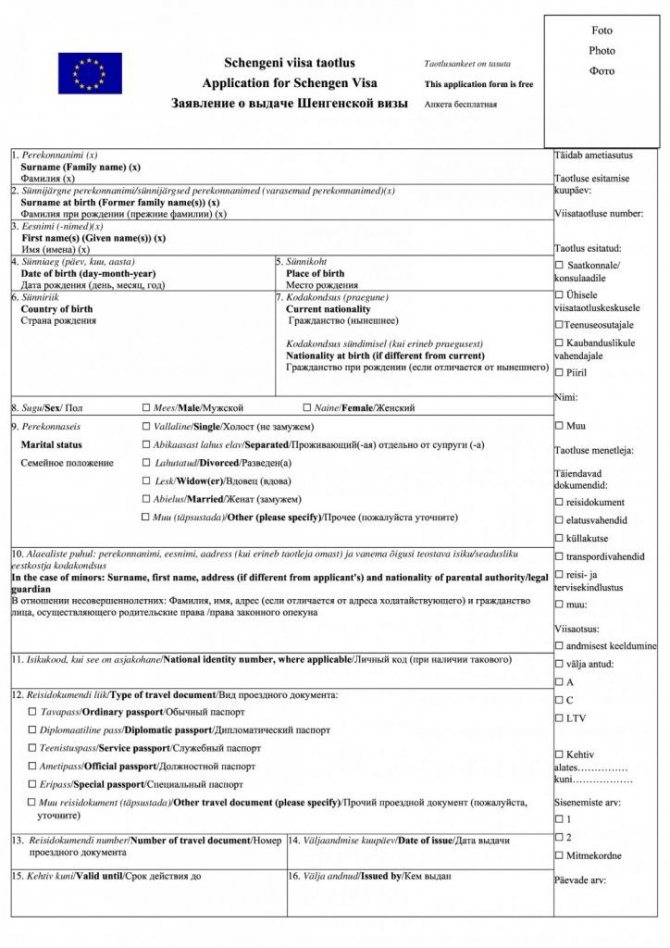
It is possible to extend a Category D permit for another 90 days if necessary.
Ratio of salary and living expenses, cost of living

The cost of living in Estonia is 150 € for one person, 120 € for each additional family member and 180 € for minors. It is believed that this amount should be enough for a month to meet basic needs.
To assess the standard of living in the country, it is worth comparing the average salary in the country with monthly expenses. So, as we found out, the average salary in Estonia for 2021 is 1,400 euros. Now let's talk about costs.
One of the main expenses is rent. The highest prices in Tallinn. Here, renting an apartment will cost on average 330-660 €. In other cities you can rent housing much cheaper.
Payment of utilities will cost an average of 100 € per month. This figure depends primarily on the amount of electricity and water consumed. In winter, the amount will be higher, since you will also have to pay for heating.
Food expenses will greatly depend on each individual's preferences. If you cook your own food, then on average it will cost about 200 € per month to buy groceries. Cheap supermarkets in Estonia are difficult to find, as there are high demands on product quality.
A monthly travel ticket in Estonia costs 16.5 €, and for students and schoolchildren with a study card it will cost half as much. Many Estonians use bicycles to get around the city. They can be rented. An hour of rental will cost 2-2.5 €, a day - 13-15 €. Maintaining your own car is an expensive proposition in Estonia. This is due to the high price of gasoline - from 1.19 € - and paid parking. To rent a car you will have to pay 25-40 € per day.

